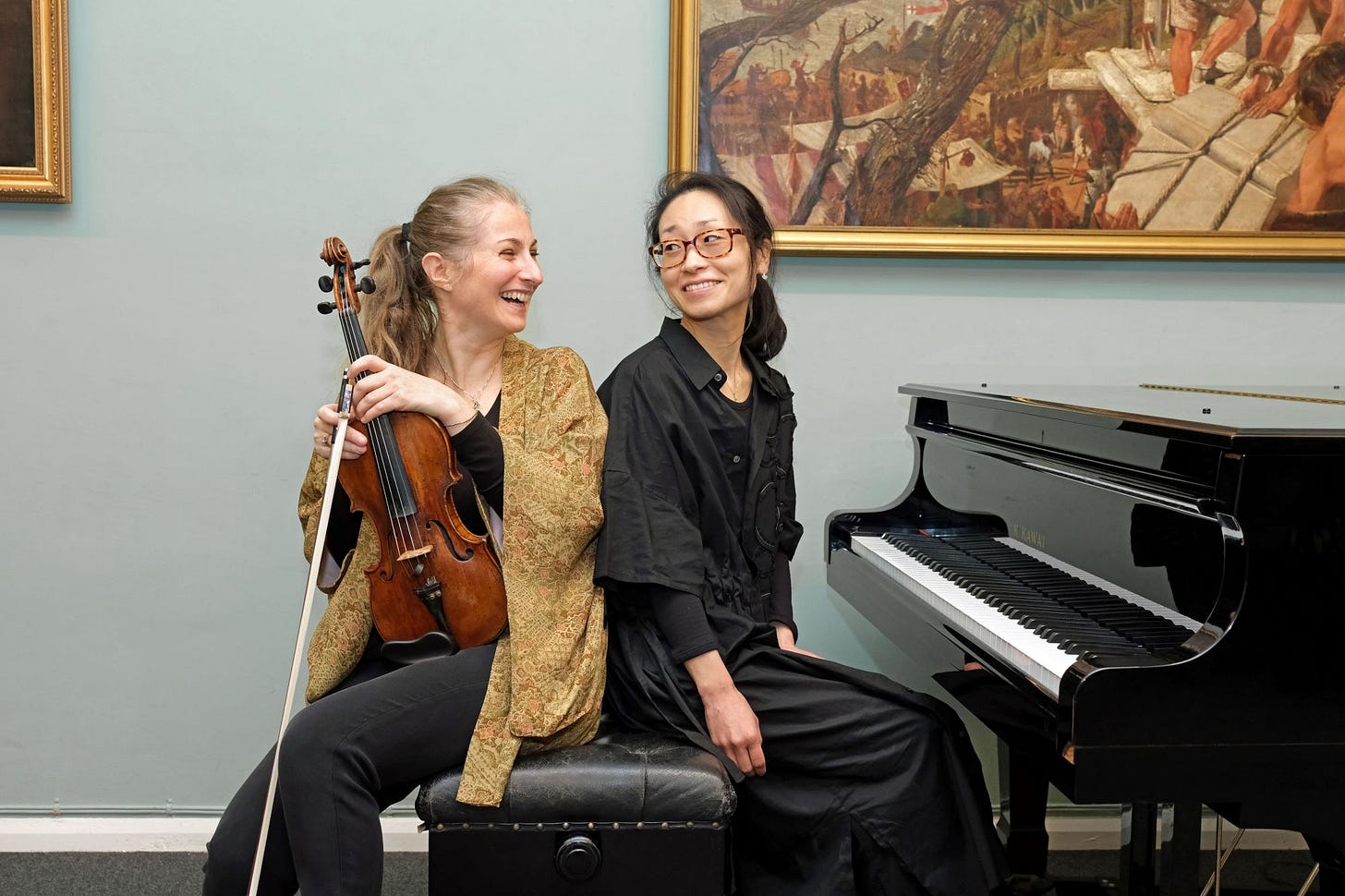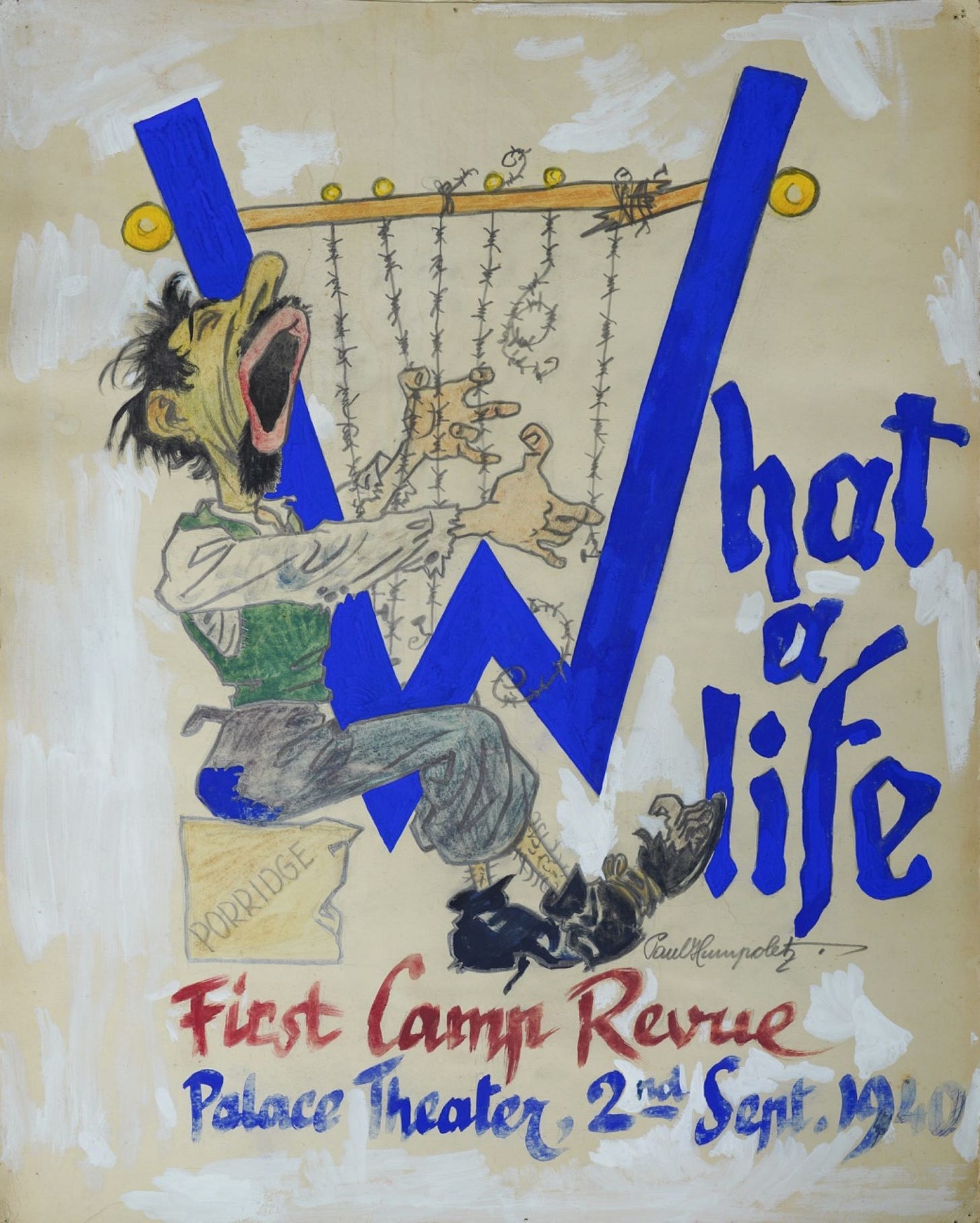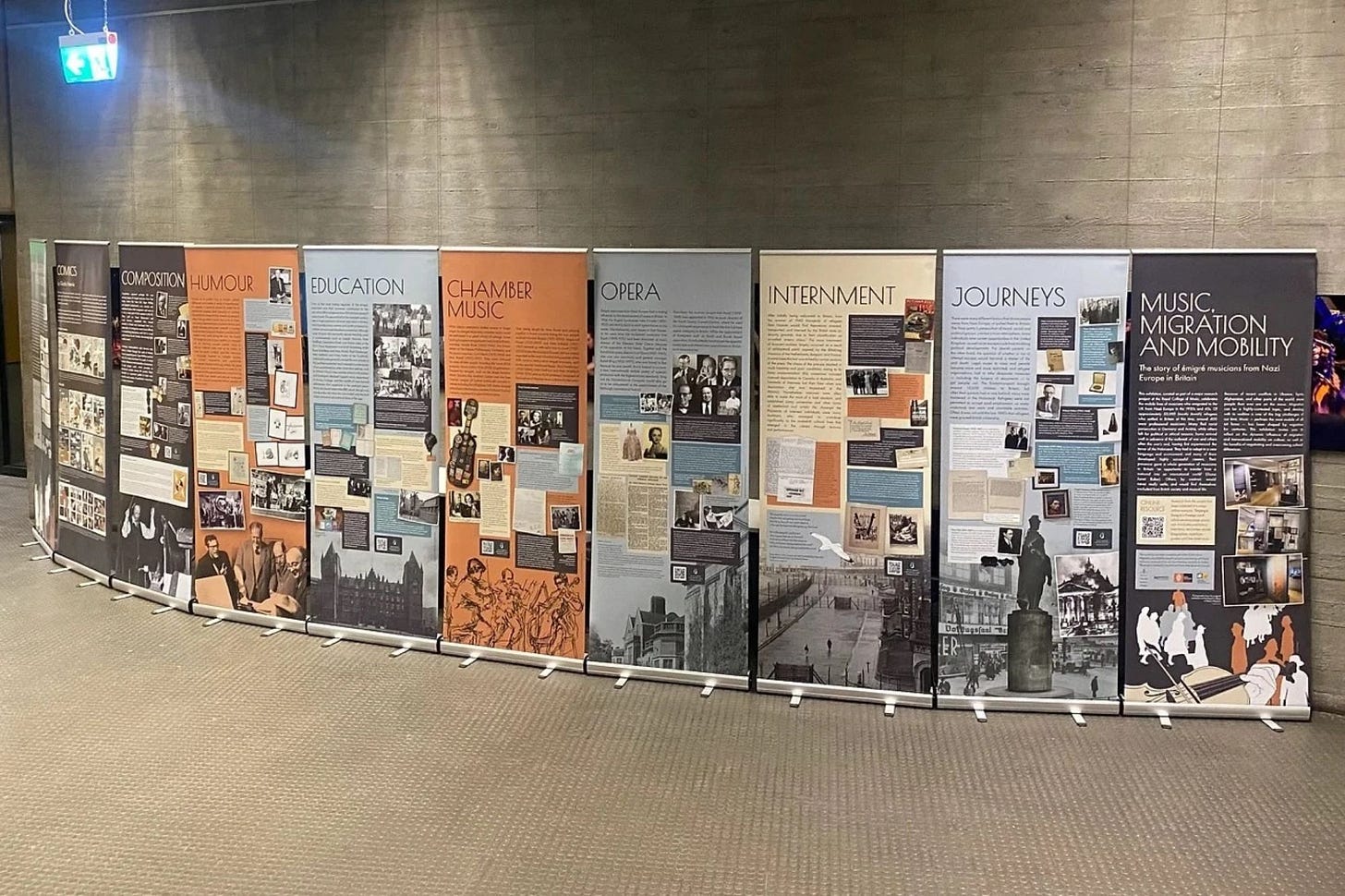Tyneside festival gives a platform to the arts and music of the Holocaust
Two concerts, an exhibition and a rare cabaret revival constitute the short but sweet Brundibár Arts Festival whose theme this year is In Exile.
The festival, says artistic director Alexandra Raikhlina, was conceived – and remains – as a homage to those who suffered during the Holocaust in the Second World War, but it is also about promoting tolerance and peace today.
“In Exile tells the stories of those who fled the Nazi regime for their lives,” she says.
“We tell their stories in the best way we can - through music.”
But she adds that the annual festival, the first of its kind in the UK, is also designed as “a thought-provoking reminder that today, still, thousands of people are displaced due to wars, forced to flee and living in diaspora”.
And she urges: “Let the music of the past bring us together for a more tolerant and cohesive future.”
Alexandra, whom friends call Sasha, was born in Moscow in 1983 but moved to Belgium and thereafter to the UK to study.
Formerly a violinist with Royal Northern Sinfonia (RNS), she now divides her time between a busy music schedule and motherhood, having recently had a second child.
A word about the festival title.
Brundibár is a Czech colloquialism for bumblebee and was the name given to an opera by Hans Krása that was first performed publicly by children in Theresienstadt concentration camp in 1943 (Krása was murdered in Auschwitz the following year).
This year’s opening concert – at 7pm on Saturday, January 18 at St James’ United Reformed Church, Northumberland Road, Newcastle – features work by composers who fled from the Nazis to the United States.
Before the concert starts there will be a talk by Dr Michael Haas, co-founder and senior researcher at the Exilarte Centre, in Vienna, which brings back into the public domain music that was banned under the Third Reich.
On Thursday, January 23 there will be a performance at Gosforth Civic Theatre of the cabaret What a Life! which was first performed on the Isle of Man where many German and Austrian nationals – many of them Jewish refugees – were interned.
Read more: Baked in highlights for 2025
It was the brainchild of film director Georg Höllering, designed as light relief for inmates and parodying camp life, and the music was composed by fellow Austrian Hans Gál.
The passages of spoken dialogue have been lost but have been substituted by Gál’s surviving diary entries.
Directed here by Robert Hersey, it will feature actors Philip Harrison and Chris Connel, tenor Norbert Meyn, baritone Simon Wallfisch and a musical septet including Alexandra and RNS violinist Kyra Humphreys.
Accompanying the performance will be an exhibition from the Royal College of Music called Music, Migration and Mobility looking at the impact on British culture of the musicians who sought refuge here from the Nazis.
The closing concert, at the King’s Hall, Newcastle University, at 7.30pm on Sunday, January 26, will also be dedicated to composers living in exile, with a programme including Chopin’s Ballade No.1 in G Minor.
A highlight will be the world premiere of this year’s special festival commission, Dance With Me Under the Falling Ruins, by Iranian composer Aftab Darvishi who teaches composition in the Netherlands.
Musicians will include Alexandra Soumm and Alexandra Raikhlina (violin), Dana Zemtsov (viola), Bartholomew LaFollette (cello), Katya Apekisheva and Anthony Hewitt (piano), Julian Scott (oboe) and Lydia Kavina (theremin).
Find full programme and tickets details at the Brundibár Arts Festival website.





